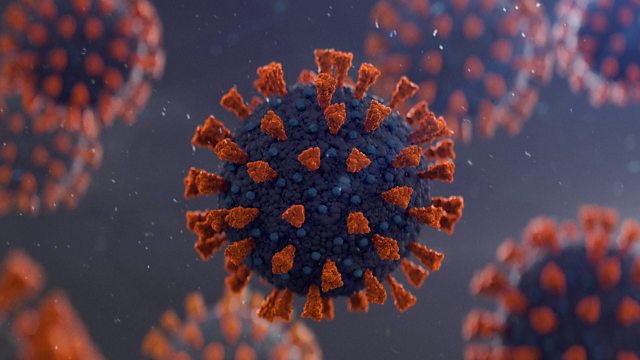Should we worry about the latest Omicron subvariants?
Two recent subtypes of the Omicron virus are much better at evading our immune defences. These subvariants are now dominant in southern Africa and they are spreading elsewhere.
Should we worry about the most recent Omicron subvariants, BA 4 and BA5? They are the subtypes of the Covid-19 virus now dominant in southern Africa and spreading elsewhere. New research suggests that they are better at evading our antibody defences than other forms of the virus. Columbia University virologist David Ho explains the findings and what they means for us.
Also, reducing air pollution makes agricultural crops grow better, how large wildfires warm the upper atmosphere, and the dolphins in the Red Sea which use secretions from corals and sponges as preventative medicines.
This week’s CrowdScience is dedicated to bodily fluids – and why humans spend so much time spraying them all over the place. From snot and vomit to sweat and sneezes, listeners have been positively drenching our inbox with queries. Now presenter Marnie Chesterton and a panel of unsqueamish expert guests prepare themselves to wade through…
One listener has found that as he ages, bright light seems to make him sneeze more and more – with his current record sitting at 14 sneezes in a row. He’d like to know if light has the same effect on other people and why?
Sticking with nasal fluids, another listener wants to know why she’s always reaching for a tissue to blow her endlessly dripping nose and yet her family seem to produce hardly any snot at all. Could it be because she moved from a hotter climate to a colder one?
CrowdScience reveals the answers to these and other sticky questions… if you can find the stomach to listen.
Image Description: Coronavirus COVID-19 virus
Credit: Getty Images
Last on
More episodes
Broadcasts
- Sat 4 Jun 2022 23:06GMT91�ȱ� World Service South Asia & East Asia only
- Sun 5 Jun 2022 00:06GMT91�ȱ� World Service except East Asia & South Asia
Podcast
-
![]()
Unexpected Elements
The news you know, the science you don't


